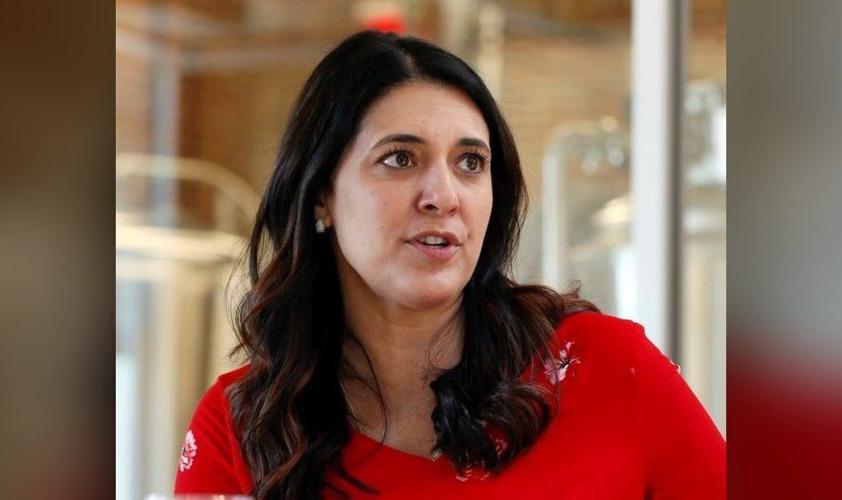
Oklahoma Congresswoman Stephanie Bice joined a handful of others others in the House this week in a bipartisan move to allow corn-based ethanol to qualify as an “advanced biofuel”, an effort to boost the gasoline additive’s green credentials.
Bice joined another Republican in the House, Rep. Mariannette Miller-Meeks of Iowa along with two Democrats, Illinois Reps. Eric Sorensen and Nikki Budzinski in introducing the Fuels Partiy Act.
The four House members represent Midwestern states that grow corn along with regions that are tied to oil production. Bloomberg described the coalition as representing how facts once at odds are now working together as electric vehicles threaten demand for biofuels and gasoline.
Rep. Bice said the action levels the playing field and allows ethanol derived from corn starch to qualify as an advanced biofuel.
“This bill will help decrease carbon emissions and increase American energy production, paving the way towards a more attainable and efficient energy future,” she said in a statement.

“As liquid fuel demand is at an all-time high, I’ll continue working to create and all-of-the-above approach that expands supply for refiners and consumers while maintaining the cost-effective Internal Combustion Engine.”
Rep. Miller-Meeks said it was imperative to take an ‘any-of-the-above’ approach to energy production.
“Removing legal barriers that limit the use of corn-based ethanol will bolster American energy production and support our agriculture industry—all while lowering carbon emissions.”
While the two Illinois House members are Democrats who normally would oppose any oil and gas related support, they are also representatives of another state that relies heavily on corn production.
Rep. Sorensen called it important to keep communities in Illinois sustainable and secure.
“The bipartisan Fuels Parity Act is exactly what our farmers have been asking for so they can support their families and strengthen corn production for generations to come,” said Sorensen.

“Technological innovation is making corn ethanol even cleaner, and the Renewable Fuel Standard should be updated to recognize these advances,” said Budzinski.
The act brought immediate support from the Iowa Corn Growers Association where Denny Friest is President.
““With the support of Representative Miller-Meeks, we know we have someone that understands the value of ethanol and its role as a more sustainable fuel option to fight climate change on our side. We continue to fight for ethanol because it’s a low-carbon, homegrown fuel option that supports 62% of corn grind in our state.”
Corn is currently prohibited from qualifying as an advanced biofuel, even if it can meet the required scientific thresholds, by a provision in the 2007 RFS expansion known as the “corn discrimination clause.”
No other feedstock is limited – only corn starch used for ethanol. Allowing corn to qualify as an advanced biofuel would incentivize lower emissions from ethanol production and allow corn to access another bucket of the RFS. If ethanol can meet the scientific thresholds, then it should be allowed to qualify as an advanced biofuel and generate an advanced biofuel RIN.



